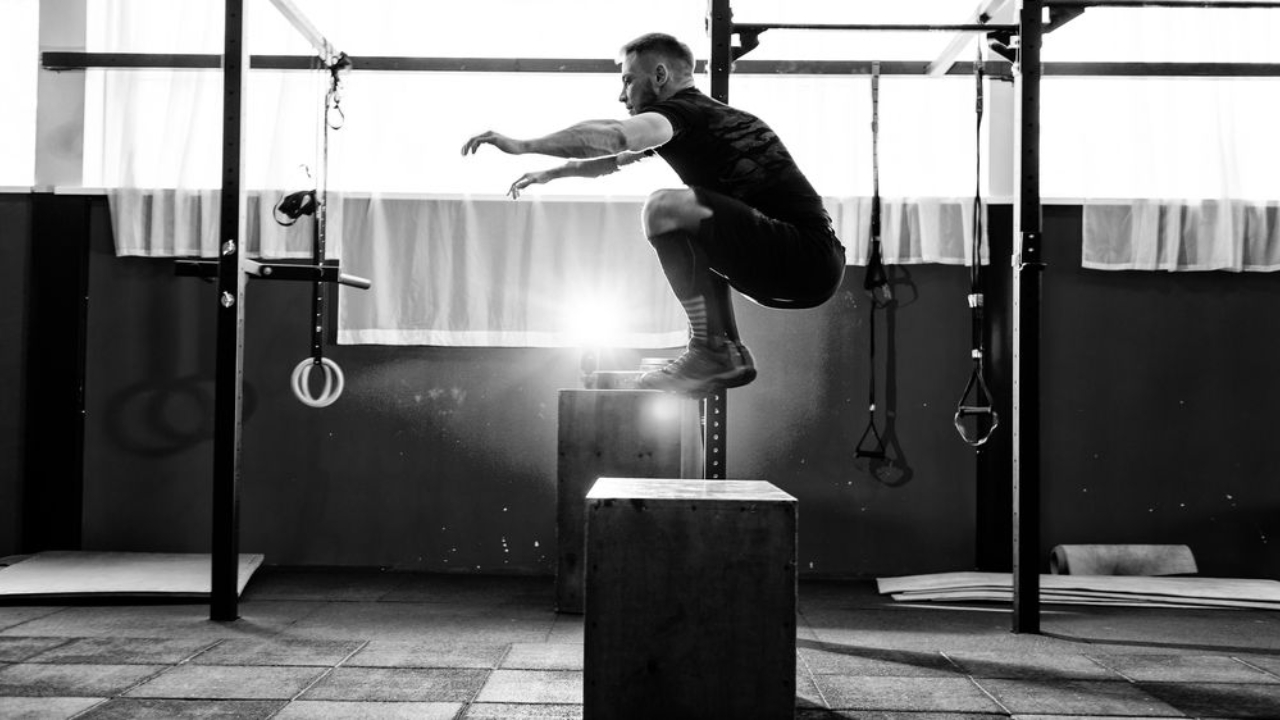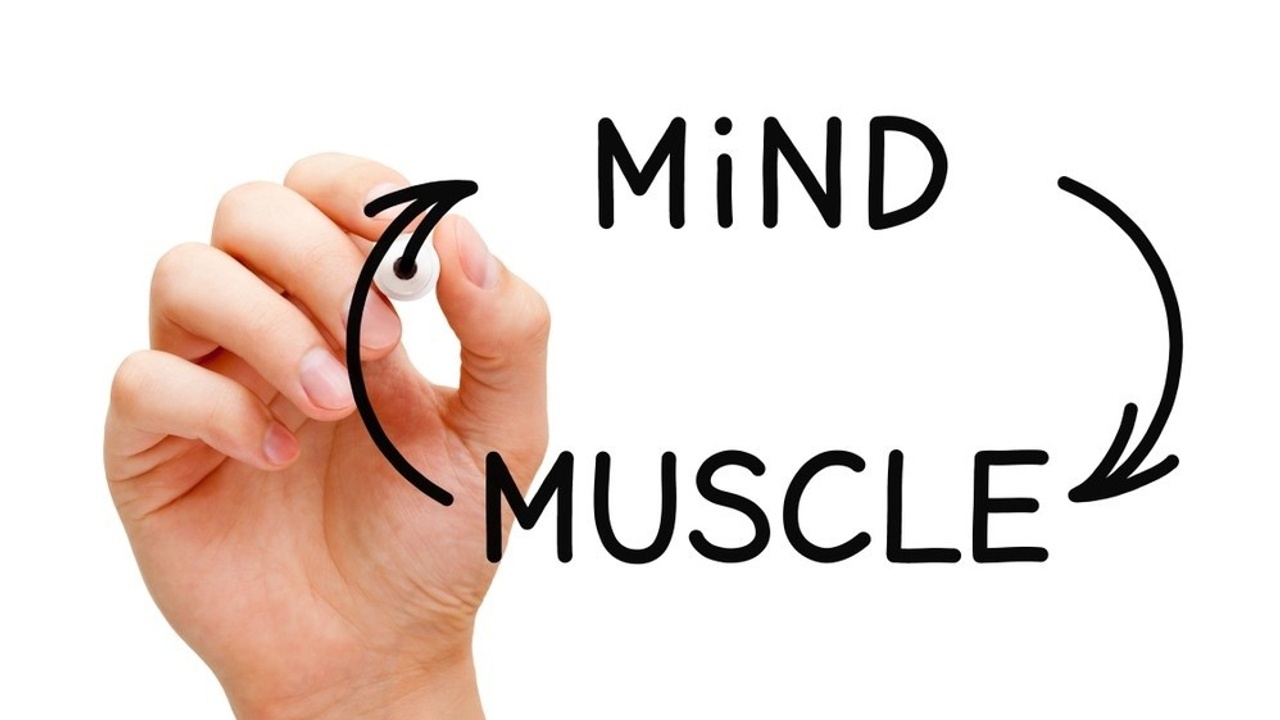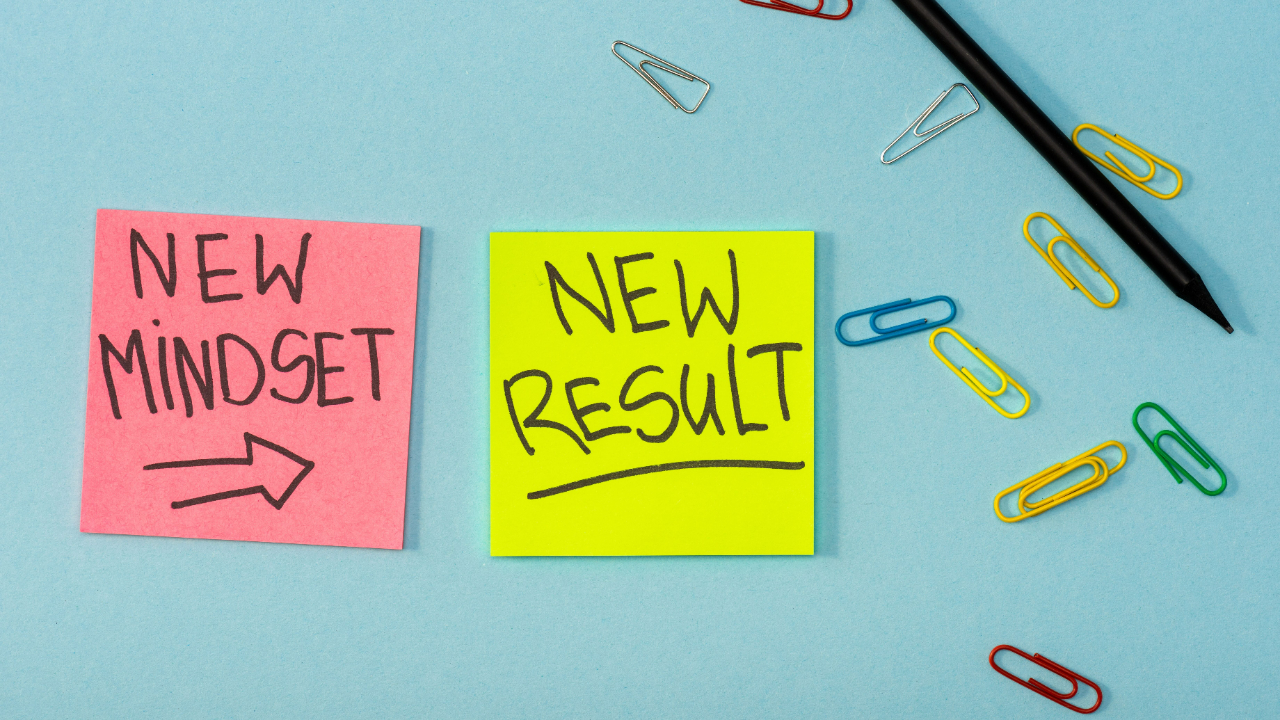Blog
The competition is over, and some athletes or teams are successful, but others still ruminate about the defeat and mistakes made. However, success in sports goes beyond losing and winning. Sometimes, the athlete and/or a team loses the contest, but the individual or the group may have performed succ...
In the pursuit of peak performance, it is crucial not to fall prey to unqualified individuals offering sports psychology services. Not all who claim expertise in this field possess the necessary credentials, experience, or professional training. Entrusting your mental game to unqualified practitione...
Athletes know that to be successful, they need good physical training, but it is only a tiny part of what is required to become a successful athlete. Unfortunately, many good athletes fail to continue a career in sports because they do not realize that they also need good mental preparation to accom...
The “muscle-to-mind” and “mind-to-muscle” are stress management strategies that help athletes manage their activation levels and performance anxiety. Mind-to-muscle means that relaxation goes from the brain to muscle, and some examples are meditation, visualization, and autogenic training. Muscl
...We can train our brains to improve cognitive function, and motivation, manage emotions, and improve our interpersonal skills, which leads to better performance in sports and life in general. The methods and techniques to train our brains are psychological skills training programs (mental skills)
...





